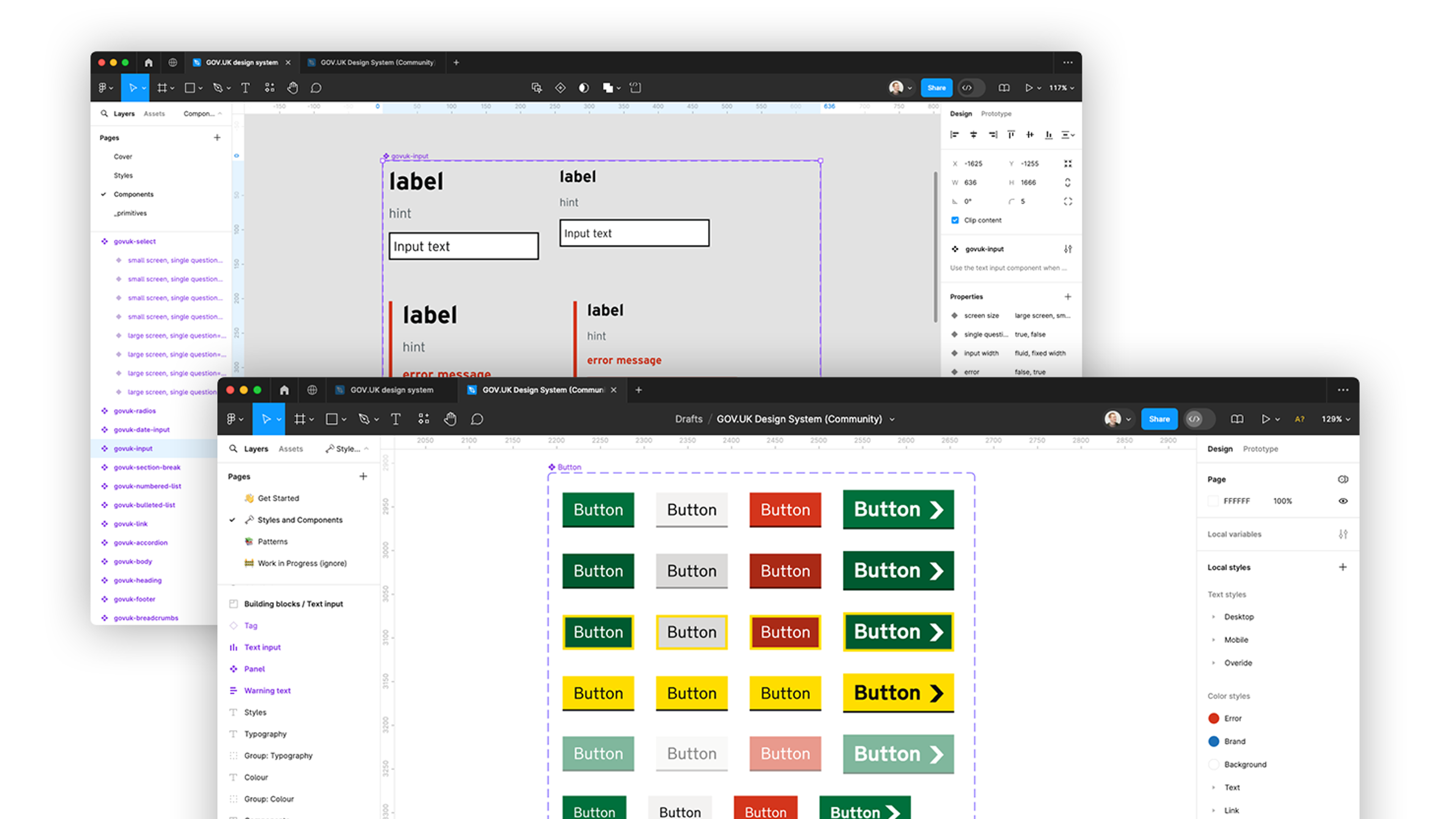Behind every good directory site is a great business model

The most frequent cold-call enquiry we get in the office is “Can I have a Checkatrade?’
It’s always flattering. But we can’t take all the credit. The truth is that behind every good directory site is a client with a great business model. When we met Checkatrade they had already proved there was a market for their business, but were fast outgrowing their paper-based directory format.
Fluent’s job is to advise those clients, like Checkatrade, about what will work on the web and build the best system possible to deliver their goals.
We’ve been building and refining this type of site for over 15 years now. So, for anyone contemplating a Checkatrade of their own, here’s some food for thought:
First things first, what exactly is a directory site?
A directory site is usually one dedicated to a specific subject or geographical region. Its sole purpose is to bring together a bunch of sites, information or reviews in one category to make searching far easier for users.
What gives directories a real advantage over search engine results is that the listings are usually reviewed and vetted by real people.
That’s exactly the kind of thing I’m after!
Okay, but just listing subscribers and their reviews won’t cut it with today’s discerning web user. Building a directory should always be done with quality and completeness of information front of mind. Offering both will gain you repeat visitors, more subscribers and, ultimately, allow you to charge them a higher rate.
Once you’ve established there is a market for what you’re offering - the biggest proportion of your web project should be allocated to refining your business model, researching your categories and subscriber base and exploring how your users will search, sort and rank them.
For example, Checkatrade tradespeople often work across quite wide geographical regions - not just where their business is based. So we built a ‘Relevance Score’ into the search results listings. Companies that have done the most jobs, most recently and closest to the searcher’s location are promoted higher up the listing.
You should also consider what kind of data you’ll be collecting and how you might use this going forward.
Search vs browse
Good directories aren’t just about allowing people to search for a specific person, product or company. Some people will come to your site without really knowing what they’re looking for and will need help to find what they need. A good site will support both types of user experience without one route (search vs browse) detracting from the other. Offering a seamless, responsive experience for mobile and tablet users will enhance your reputation and help you climb those all-important Google rankings.
Let the right ones in
How will you vet your entries? Robust checks and balances are essential to ensure that the services you’re promoting deliver what they say they will. After all, the reputation of your site rests on the reputation of the people and services you promote. Checkatrade still employ real human beings to do this bit, so if you’re thinking along similar lines, you’ll need to factor these costs into your maintenance projections.
Get your star subscribers working for you
Never underestimate the time resources and energy needed to market your business in the early days. Owning a great directory site is immaterial if no-one knows about it.
Encourage your subscribers to include inbound links from their own websites. Again, Google rewards this kind of thing.
And, if you can get them to contribute content (such as blogs or how-to guides) you’ll keep your site current, relevant (more Google points) and save yourself from blog-writing penury in the process.
The data you collect (working within the restrictions of GDPR legislation) could be used to create surveys, generate PR and attract more members and users.
These days Checkatrade are owned by Homeserve and spend around £15million on marketing each year. TV and radio are big parts of the mix, but they got there by proving the concept with directory leaflets first - something they continue to this day.
Can I have a checkatrade?
Want more tips on digital product development from people at the cutting edge? Follow Fluent on LinkedIn and keep learning
Ready to solve your problems?
We'll help meet the challenges facing your growing business. Get in touch and tell us what you need, the team can't wait to hear from you.
Contact us
![2295X1200 Social Media [ All ] 01](https://fluent-umbraco-hwduaufvc9h8gbad.uksouth-01.azurewebsites.net/media/scujluzj/2295x1200-social-media-all-01.jpg?width=3840&height=2160&quality=70&format=Webp)

